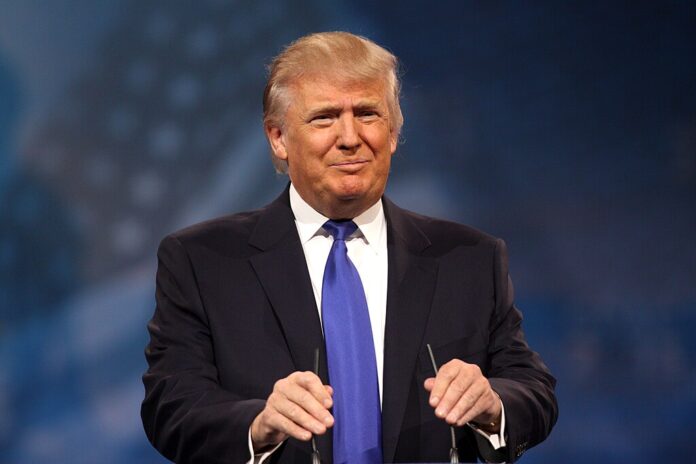Mexican officials argue that Donald Trump’s proposed tariffs could harm both economies, with significant price hikes for U.S. Consumers and potential job losses for American workers
Mexican President Claudia Sheinbaum has issued a stark warning that her country will retaliate if U.S. President-elect Donald Trump follows through on his proposed 25% tariffs on Mexican imports. Speaking at a press conference on Wednesday, Sheinbaum made it clear that Mexico would not hesitate to raise tariffs in response, a move that could have serious economic consequences for both countries.
In a show of solidarity with Sheinbaum, Mexican Economy Minister Marcelo Ebrard explained the potential devastating effects of such tariffs, not only on Mexico but on the U.S. economy as well. Ebrard argued that the tariffs would result in the loss of 400,000 American jobs, particularly affecting sectors like manufacturing, and would lead to significant price increases for U.S. consumers.
“We don’t want a trade war,” Ebrard said, urging instead for greater regional cooperation and integration. He added that the proposed tariffs would violate the United States-Mexico-Canada Agreement (USMCA), a deal signed to regulate trade between the three nations. The impact of these tariffs would be particularly harsh on U.S. companies operating in Mexico, effectively doubling the taxes they already pay, which could ultimately result in higher costs for American consumers.
Embed from Getty ImagesThe automotive sector is expected to be the hardest hit by Trump’s proposed tariffs, with Ford, General Motors, and Stellantis among the major U.S. automakers who have factories in Mexico. Ebrard highlighted that 88% of the pickup trucks sold in the U.S. are manufactured in Mexico, warning that prices for these vehicles could surge by as much as $3,000. These trucks are particularly popular in rural areas, which have traditionally been strong supporters of Trump.
Despite the tension, Sheinbaum and Trump held a phone conversation on Wednesday to discuss the matter further. Trump, who has been adamant about using tariffs as a tool to curb drug trafficking and migration into the U.S., reiterated that his administration would keep the tariffs in place until these issues were addressed. In a post on his Truth Social platform, Trump confirmed his intentions, stating that the tariffs would remain a key part of his strategy for securing the U.S. southern border.
The proposed tariffs, which are set to target a wide range of imports from Mexico, could escalate tensions between the two countries just as the USMCA trade deal is set to be reviewed in 2026. Both Mexico and Canada have expressed concerns about the potential consequences of these tariffs, fearing that a full-scale trade war could damage their economies.
Ebrard’s warning underscores the delicate balance between U.S. and Mexican trade relations, which have been fraught with challenges in recent years. The tariffs, if imposed, could further strain this relationship, creating ripple effects that extend beyond the automotive sector to other industries, such as agriculture and textiles, where cross-border trade is vital.
As the situation develops, it remains to be seen how the Trump administration will respond to Mexico’s threats of retaliation. For now, the issue of tariffs continues to dominate the political discourse, with both sides preparing for a potentially heated confrontation in the coming months.
